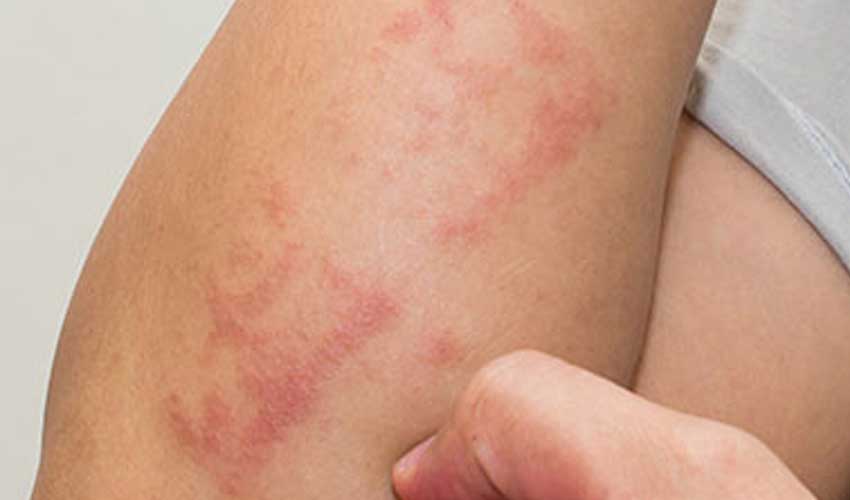With the change of seasons and the fall in temperature, many people face common skin problems such as dryness and eczema, conditions often mistaken for one another.
Reduced water intake during cold weather further…

With the change of seasons and the fall in temperature, many people face common skin problems such as dryness and eczema, conditions often mistaken for one another.
Reduced water intake during cold weather further…